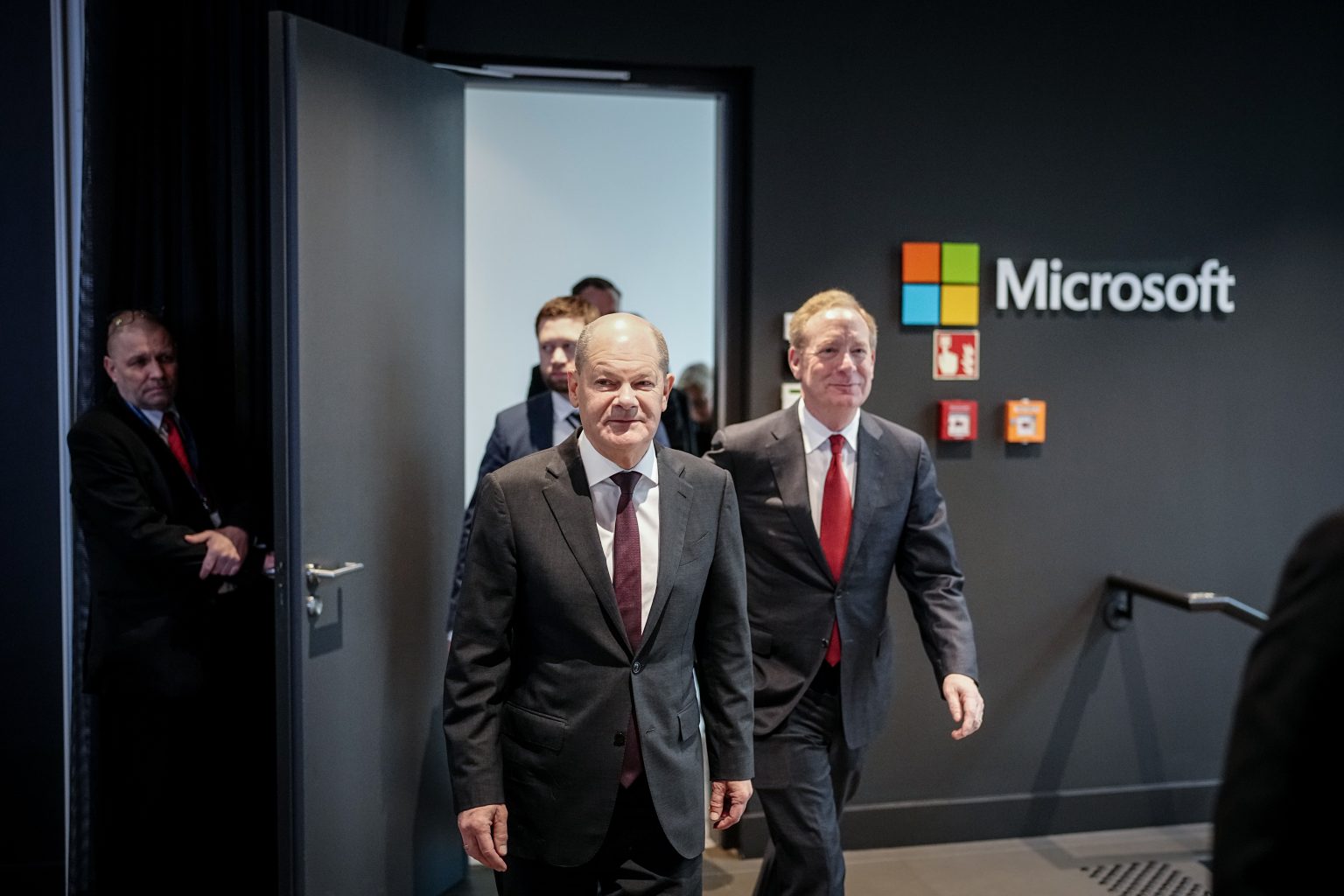This week, Microsoft announced a €3.2 billion ($3.5 billion) investment in Germany over the next two years. The tech giant plans to double the capacity of its artificial intelligence and data center infrastructure in Germany and expand its training programs. This follows a similar announcement in November 2023, when Microsoft revealed a £2.5 billion ($3.2 billion) investment in infrastructure in the U.K. over three years. Both countries see these investments as crucial for competing on the global stage in the field of AI, though they are significantly smaller than investments made by U.S.-based cloud service providers in other regions.
The rise of AI nationalism is becoming a significant trend as governments recognize the economic and military importance of AI technology. In a 2018 essay titled ‘AI Nationalism,’ tech investor Ian Hogarth predicted that governments would take steps to promote their domestic AI industries as AI grows more powerful. Many countries have since increased public funding for AI research and commercialization, with a focus on protecting their domestic companies through regulation. For example, Germany and France attempted to soften aspects of the continent’s AI regulation to protect their own AI champions.
As AI technology becomes increasingly essential, governments are taking steps to ensure they have control over the technology they depend on. Some experts caution that smaller economies may be better off collaborating with leading AI powers rather than trying to compete directly. The investments by Microsoft in Germany and the U.K. are seen as significant steps towards enhancing AI capabilities in these countries and positioning them to compete on the world stage.









